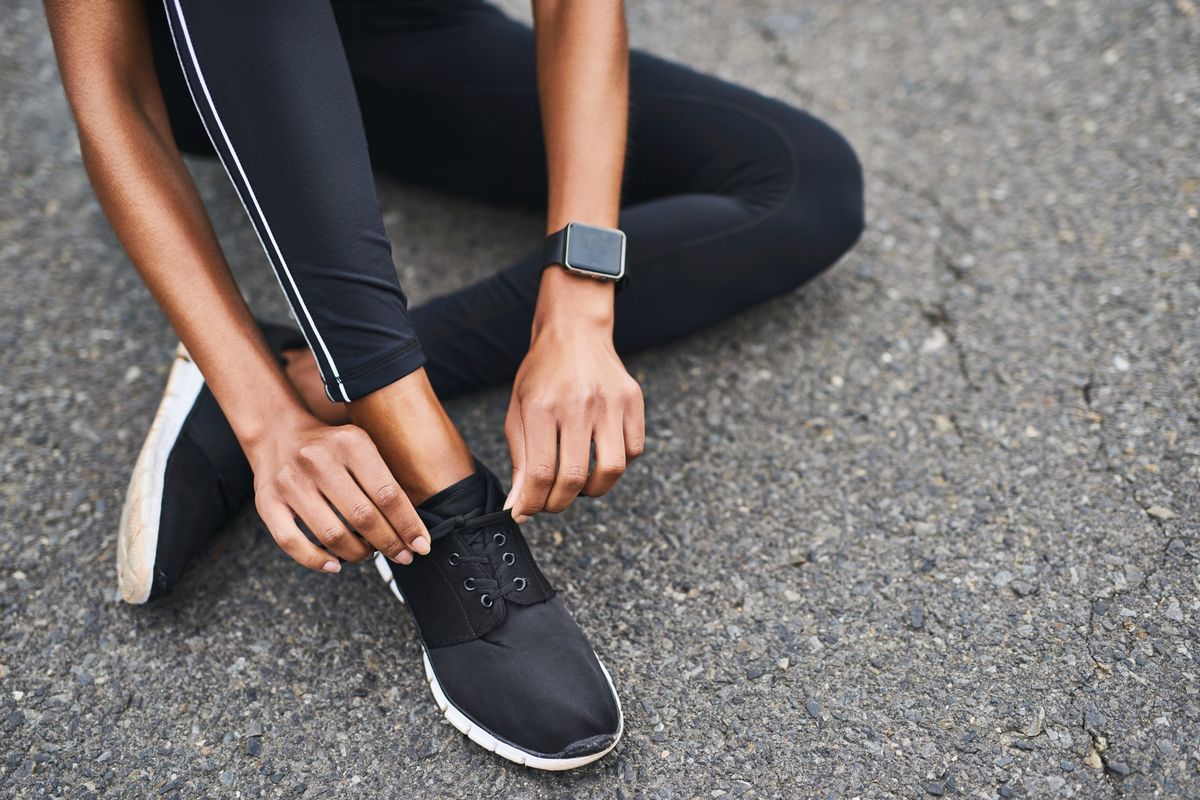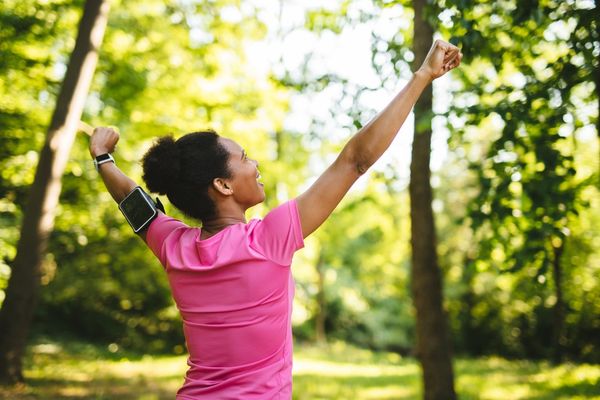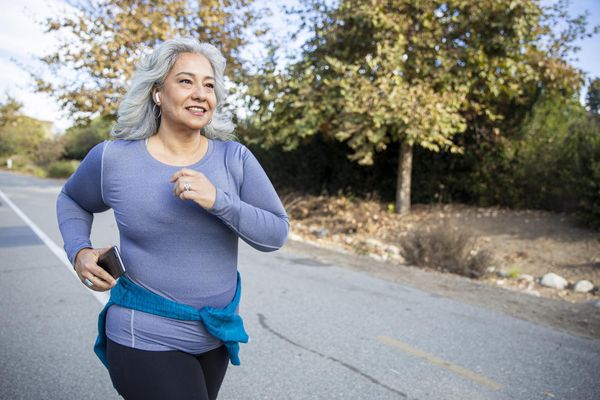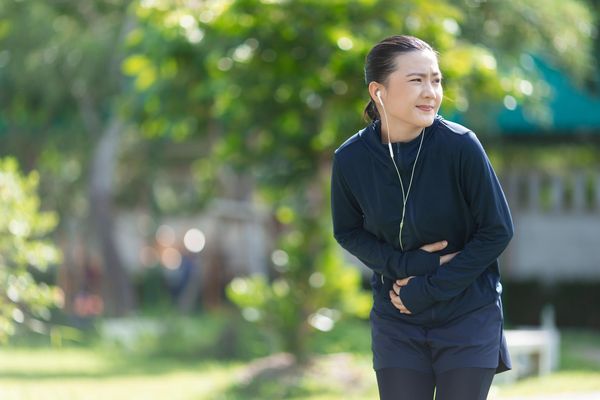If you've been walking, running or high-stepping in the same pair of sneakers since last year, you're probably due for a change. By now, those well-cushioned athletic shoes that felt so comfy on the first day you wore them have given you all they've got.
As startling as it sounds, if you weigh 150 pounds and walk one mile, you've exerted 63.5 tons of force on each foot, according to a study from the American Podiatric Medical Association. No wonder that the average life span for fitness shoes is only the equivalent of 200 to 400 miles. For those of us who break the rules and use the same shoes we exercise in for daily wear, that mileage can be reached in as little as two months (figuring roughly 2,000 steps per mile)!
Yet choosing a new pair of athletic shoes can feel like an overwhelming task. The selection is often vast, with models designed and marketed for varying activities. Follow these tips to help you get the pair that's best for you:
- It helps to shop at an athletic shoe store (avoid the chains if you can), where the salespeople know how to measure and fit your feet and advise about shoe features.
- For feet with a low or flat arch, choose rigid shoes that control motion and resist bending.
- Normal feet, with a medium arch, do well in slightly curved shoes designed for stability.
- High-arched feet need curved shoes that twist and bend easily.
- You can walk in running shoes, but never run in walking shoes (they're too rigid).
- Be practical about the fancy stuff. That shoe with the built-in pedometer or music chip might have a big "cool factor," but you'll be paying a lot for equipment you might already have in another form. Sneakers with pump-up tongues or shock-absorbing inserts might be worth the extra cost if they help the shoes fit your foot better.
- If you get frequent leg pains, have foot problems or have a chronic condition such as diabetes or arthritis, see a podiatrist for advice before selecting your next pair of athletic shoes.







